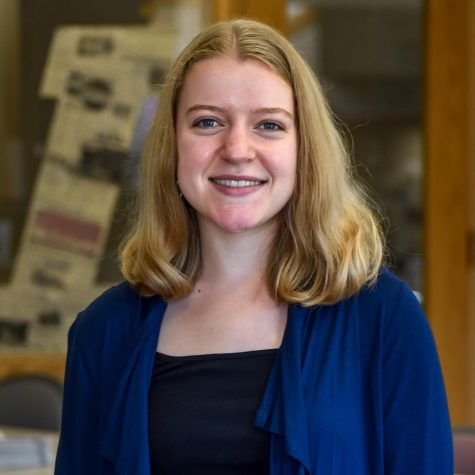Lafayette is now home to 14 recently declassified Digital National Security Archive collections, after the college purchased them for an undisclosed price.
Topics included in the archives range from the space race and the Cuban Missile Crisis during the Cold War to United States foreign policy decisions throughout the twentieth century.
The archives were recently declassified by the National Security Archives. George Washington University and ProQuest, an information content and technology company, then worked together to curate the archives into collections around themes that could be distributed digitally to institutions.
Ben Jahre, the head of electronic resources at Lafayette College, said that these kinds of collections give people the ability to easily search across archives involving a particular topic in order to speed up the research process.
Traditionally, the college chooses to purchase digital archives based on requests from professors in their topics of interest. After reaching out to the publisher, Jahre said, the school asks for a trial of the archives to ensure quality of the material and digitization.
The next step is to weigh the resources against the cost, considering factors such as potential access limitations and feedback from professors who examined the archives. When it is decided that the archive should be purchased, such as the digital national security archive, the school then negotiates a price with the vendors and makes it available to Lafayette students and staff.
“The underlying reason Lafayette College chooses to procure any archive is to support the research of students, faculty and/or staff at college,” Jahre said.
Under the college’s agreement with ProQuest in accessing the archives, Jahre said he couldn’t discuss the archives’ cost.
Lafayette currently has access to many other digital archive resources, some covering similar subject areas and themes. While the college already had a primary source database on the Cold War, Jahre said that this new collection makes available documents spanning different geographies throughout the twentieth century.
When asked about the importance of having access to digital archives, Jahre emphasized the benefits of primary sources.
“It is really important to be able to see a particular source in its full,” he said. “You can look at actual documents created and actually see the history going on at the time and form your own opinion,” he said.
History professor Joshua Sanborn also helped initiate the request for the new archives.
“These databases will be very useful for both my research and writing,” Sanborn said.
In particular, Sanborn noted, these archives will benefit his current research on the culture of science and security during the Cold War, as well as help students in both his introductory and advanced history seminars.
“Databases such as these collect key documents and allow students to comb through them here on campus as they conduct their research,” he added.
























































































































